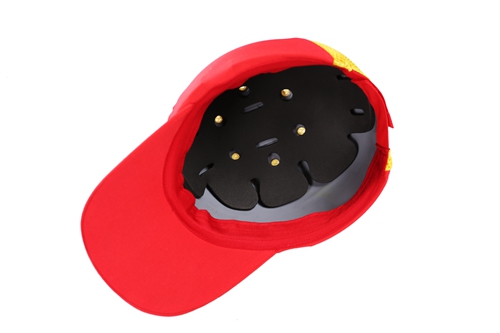Exploring Various Categories of Safety Helmet Providers and Their Unique Offerings in the Market
Different Types of Safety Helmet Suppliers
Safety helmets are crucial personal protective equipment, designed to protect the head from injuries that may result from falling objects, electrical hazards, or impacts. Various industries, including construction, manufacturing, and landscaping, require safety helmets to ensure worker safety. As a result, numerous suppliers specialize in distributing different types of safety helmets. Understanding the various types of suppliers and the helmets they offer can help businesses choose the right protective gear for their specific needs.
1. Manufacturers of Safety Helmets
The primary suppliers of safety helmets are manufacturers who design and produce these helmets. They often offer a wide range of products that meet various safety standards and certifications, such as ANSI Z89.1 (American National Standards Institute) or EN 397 (European Standard for Industrial Safety Helmets). Manufacturers frequently provide customization options that allow businesses to add logos, colors, or specific functionalities—such as integrated face shields or communication systems.
Moreover, manufacturers are at the forefront of technological innovations, often incorporating advanced materials like polycarbonate or high-density polyethylene to enhance impact resistance and comfort. Companies like MSA Safety, Honeywell, and 3M are recognized leaders in helmet manufacturing, providing robust options that cater to diverse industries.
2. Distributors and Wholesale Suppliers
Distributors and wholesale suppliers play a critical role in the safety helmet supply chain. They act as intermediaries between manufacturers and end-users, offering a wide array of helmets from multiple brands. These suppliers typically stock large quantities of products, allowing businesses to purchase safety gear in bulk at discounted prices.
Distributors often provide additional services, such as inventory management and delivery, making them a convenient option for companies needing consistent supplies. Notable distributors include Grainger, Fastenal, and ULINE, which offer comprehensive catalogs of safety equipment and gear.
different types of safety helmet suppliers

3. Specialty Safety Equipment Suppliers
Some suppliers focus exclusively on safety equipment, providing a selection of helmets tailored to niche markets. For example, suppliers catering to the construction industry may offer hard hats with added features such as cooling vents or integrated ear protection. In contrast, suppliers targeting the electrical or aerospace sectors might supply helmets with specialized insulation or flame resistance.
These specialty suppliers understand the unique needs of their target markets and can provide expert advice on the best helmet choices for specific applications. Companies can often find these suppliers through industry-specific trade shows or online directories.
4. Online Retailers
The emergence of e-commerce has also led to a surge in online retailers specializing in safety gear, including helmets. Websites like Amazon, Alibaba, and specialized safety gear sites allow businesses to compare different helmets from various suppliers easily. These platforms often feature customer reviews, expert ratings, and detailed product descriptions, helping customers make informed purchasing decisions.
Online retailers may offer competitive pricing, frequently run sales, and provide convenient ordering and delivery services. However, buyers should ensure they are purchasing from reputable online vendors to guarantee product quality and compliance with safety standards.
Conclusion
Choosing the right safety helmet supplier is critical in ensuring worker safety and compliance with industry standards. By understanding the different types of suppliers—manufacturers, distributors, specialty suppliers, and online retailers—businesses can make informed decisions that meet their specific needs. Whether it’s through customization, bulk purchasing, or niche products, the right supplier will provide the necessary tools to protect workers in hazardous environments efficiently.
-
Buy Safety Helmet Malaysia – Affordable Construction & Tanizawa Helmets
NewsJul.08,2025
-
Safety Helmet with Umbrella – Affordable & Custom OEM Options from China Manufacturer
NewsJul.08,2025
-
Different Kinds of Safety Helmet OEM & Cheap China Safety Helmets Supplier
NewsJul.07,2025
-
High-Quality Halo Safety Helmet – Affordable OEM & China Manufacturer Options
NewsJul.07,2025
-
Aline Class A Yellow Safety Helmet - Affordable OEM China Supplier & Bulk Deals
NewsJul.06,2025
-
Best McDonald Safety Helmet - Cheap OEM China Supplier for High-Quality Protection
NewsJul.06,2025
